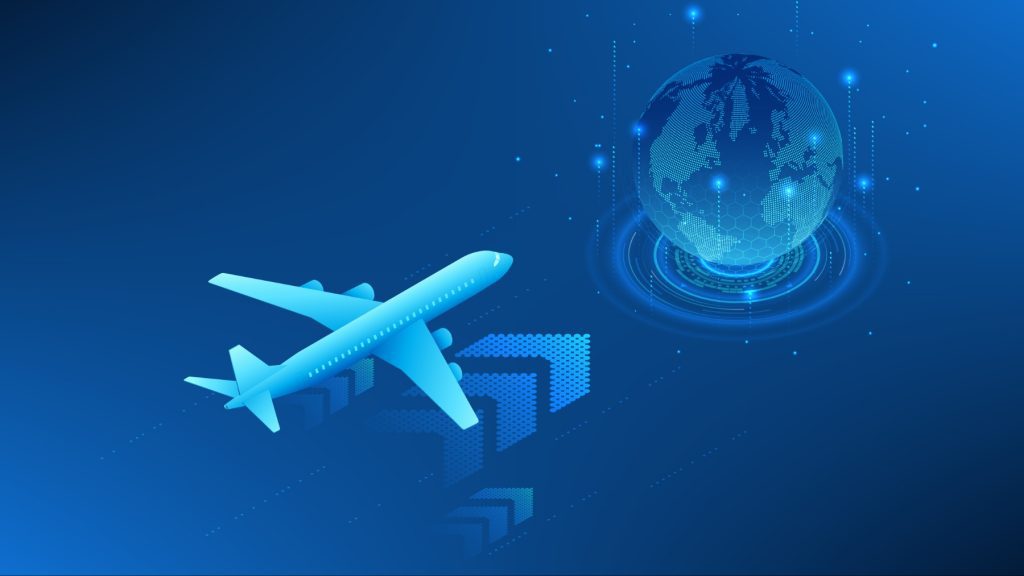
GPS spoofing incidents have witnessed an increase of 400% affecting commercial airlines, and disrupting aircraft navigation and onboard systems, experts report.
The huge amount of GPS spoofing attacks that occurred recently, and that could disrupt the navigation of commercial airlines have raised serious concerns. According to cybersecurity experts, these kinds of digital attacks cannot just misguide airplanes but are also capable of making modifications in time.
Invading Aviation Systems
According to a report by OPSGROUP, an aviation advisory body, the attacks related to spoofing GPS have significantly surged by 400% in recent months. These attacks are mostly common near zones of conflict, where ground-based systems broadcast wrong GPS signals, mainly intending to mislead missiles and drones and interfering with their operations but are also affecting commercial aircraft as well.
Ken Munro, founder of the UK-based cybersecurity company, Pen Test Partners, highlighted this growing issue while giving a talk at the DEF CON hacking convention in Las Vegas. He also pointed out that besides being used for data related to locations, GPS spoofing incidents is also known as an incredibly time accurate source.
“We think too much about GPS being a source of position, but it’s actually a source of time,” Munro said.
In an interview with Reuters, Munro also gave an example of a major Western airline suddenly advanced its onboard clocks by years in a spoofing event, thereby losing access to its encrypted communication systems. The aircraft was grounded for weeks while engineers reset its systems manually. He refused to name the airline, or the specific aircraft involved.
GPS Spoofing Incidents Other Impacts
In a related context, earlier this year, specifically in April, Finnair briefly suspended flights to Tartu, Estonia, due to GPS spoofing incidents. The Estonian authorities accused neighboring Russia of the disruptions.
The Global Positioning System has largely replaced older and more expensive ground-based navigation aids that assist planes in landing. But signals from GPS are easy to block or distort with very simple, inexpensive equipment and basic technical knowledge. In this sense, GPS spoofing incidents remains one of the huge concerns of the aviation community.
However, Munro reassured that that these spoofing attacks are not likely to crash a plane. “Is it going to make a plane crash? No, it’s not,” Munro told Reuters. “What it does is, it just creates a little confusion. And you run the risk of starting what we call a cascade of events, where something minor happens, something else minor happens, and then something serious happens.”
Final Thoughts
Although GPS spoofing incidents attacks can’t themselves cause a plane to crash, they represent some serious vulnerabilities in the system of aviation. The aviation community must act to ensure stronger security measures against digital attacks. Other navigation systems with reduced interference should be considered, especially for areas of conflict where these attacks are more common. The more we allow digital systems to integrate with our critical infrastructure, the more the vitality of the security issue increases. The aviation industry needs to act now and mitigate these risks before they lead into larger problems.